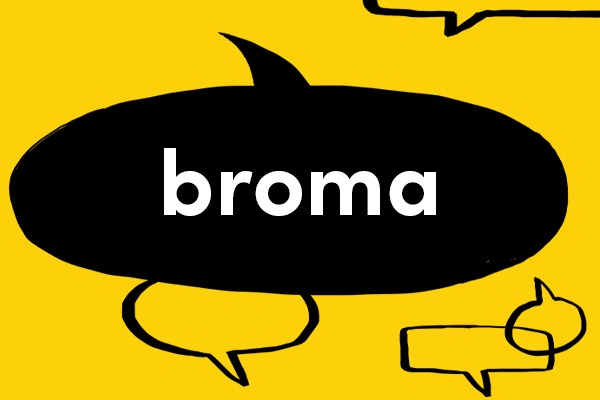This week’s Spanish word of the week is broma.
Broma is a noun that means joke and you can find out how to pronounce it here:
function playAudio(url) { new Audio(url).play(); }La broma no tuvo gracia. The joke wasn’t funny.
Esto no es ninguna broma, es una situación muy seria. This is no joke, it’s a very serious situation.
To play a joke on someone is hacer una broma a alguien, and a practical joke is una broma pesada:
Le ha hecho una broma pesada al jefe. He played a practical joke on his boss.
Broma is used in lots of phrases with prepositions which it’s worth getting to know:
El jefe hoy no está para bromas. The boss isn’t in the mood for jokes today.
Te lo dije en broma, hombre, no te aflijas. I only said it as a joke, don’t get upset.
No saldría con ella ni en broma. No way would I date her.
Come back next week for another insight into Spanish vocabulary!



